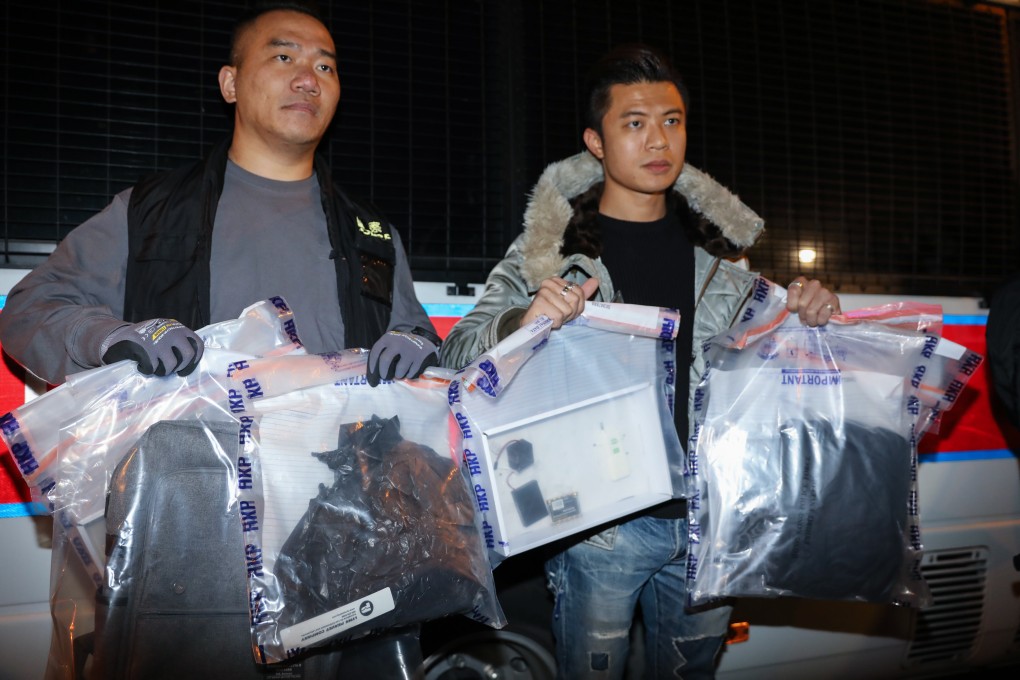Advertisement
Hong Kong protests: radical groups could be prosecuted under anti-terrorism laws, says city’s security minister
- Secretary for Security John Lee highlights seven organisations suspected of being involved in firearms and explosive offences
- Lee calls some of the materials seized ‘extremely alarming’ and compares them to overseas terrorism
Reading Time:2 minutes
Why you can trust SCMP

Seven local radical groups suspected of being linked to explosives and firearms offences in Hong Kong could be prosecuted under the city’s anti-terrorism laws, security officials revealed on Tuesday.
Secretary for Security John Lee Ka-chiu told lawmakers at a Legislative Council meeting that at least three of the 18 cases involved could be defined as terrorist acts.
Officials have warned of a rise in local terrorism after last year’s anti-government protests turned increasingly violent, and Lee said while the city’s threat level remained “moderate”, he did not rule out raising it to “high”.
Advertisement
Hong Kong’s top police operations commander Raymond Siu Chak-yee said in the 18 cases related to explosives and firearms over the past year, 76 people had been arrested and at least seven “radical local groups” were involved.

01:21
Hong Kong police carry out rare explosives demonstration
Hong Kong police carry out rare explosives demonstration
Of those taken into custody, 30 had been prosecuted on various charges, including “making explosives with intent to endanger life or property” and “making or possession of explosives”.
Advertisement
Advertisement
Select Voice
Select Speed
1.00x